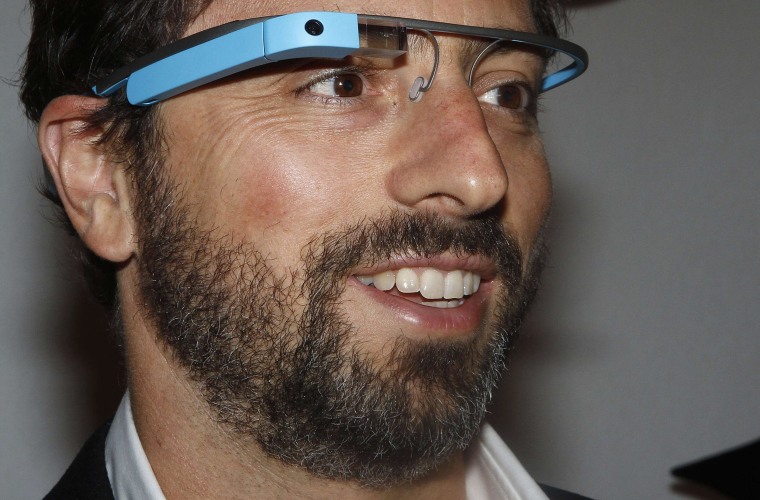SAN FRANCISCO (Reuters) - Google is lobbying officials in at least three U.S. states to stop proposed restrictions on driving with headsets such as Google Glass, marking some of the first clashes over the nascent wearable technology.
Some eight U.S. states are considering regulation of Google Glass, a tiny computer screen mounted in the corner of an eyeglass frame. Law enforcement and other groups are concerned that drivers wearing the devices will pay more attention to their email than the road, causing serious accidents.
So-called wearables such as Google Glass, smart watches and sophisticated health devices may represent the next big shift in technology, just as smartphones evolved from personal computers, and enthusiasts predict billion-dollar markets. Google, which is still testing Glass, charges $1,500 per pair.
Google has deployed lobbyists to persuade elected officials in Illinois, Delaware and Missouri that it is not necessary to restrict use of Google Glass behind the wheel, according to state lobbying disclosure records and interviews conducted by Reuters.
Legislators who introduced similar bills this year in three other states, New York, Maryland and West Virginia, say they have not yet been contacted by Google. Officials in New Jersey and Wyoming did not respond to inquiries from Reuters.
Courts are just beginning to consider the matter. Last month in San Diego, for instance, a woman's traffic ticket for wearing Google Glass behind the wheel was dismissed because there was no proof the device was operating at the time.
Google's main point to legislators is that regulation would be premature because Google Glass is not yet widely available, the state elected officials say.
Illinois state Senator Ira Silverstein, a Chicago Democrat who introduced a Google Glass restriction bill in December, responded that it was clear the merchandise was heading for the broader public. "Who are they fooling?"
Silverstein said he recently met with Google lobbyists trying to "kill" the bill, a position Silverstein suggested is driven by market considerations for the company.
Google has been scheduling Glass demonstrations across the country in an effort to educate the public on how the technology works.
"While Glass is currently in the hands of a small group of Explorers," the company said, "we find that when people try it for themselves they better understand the underlying principle that it's not meant to distract but rather connect people more with the world around them."
— Reuters
